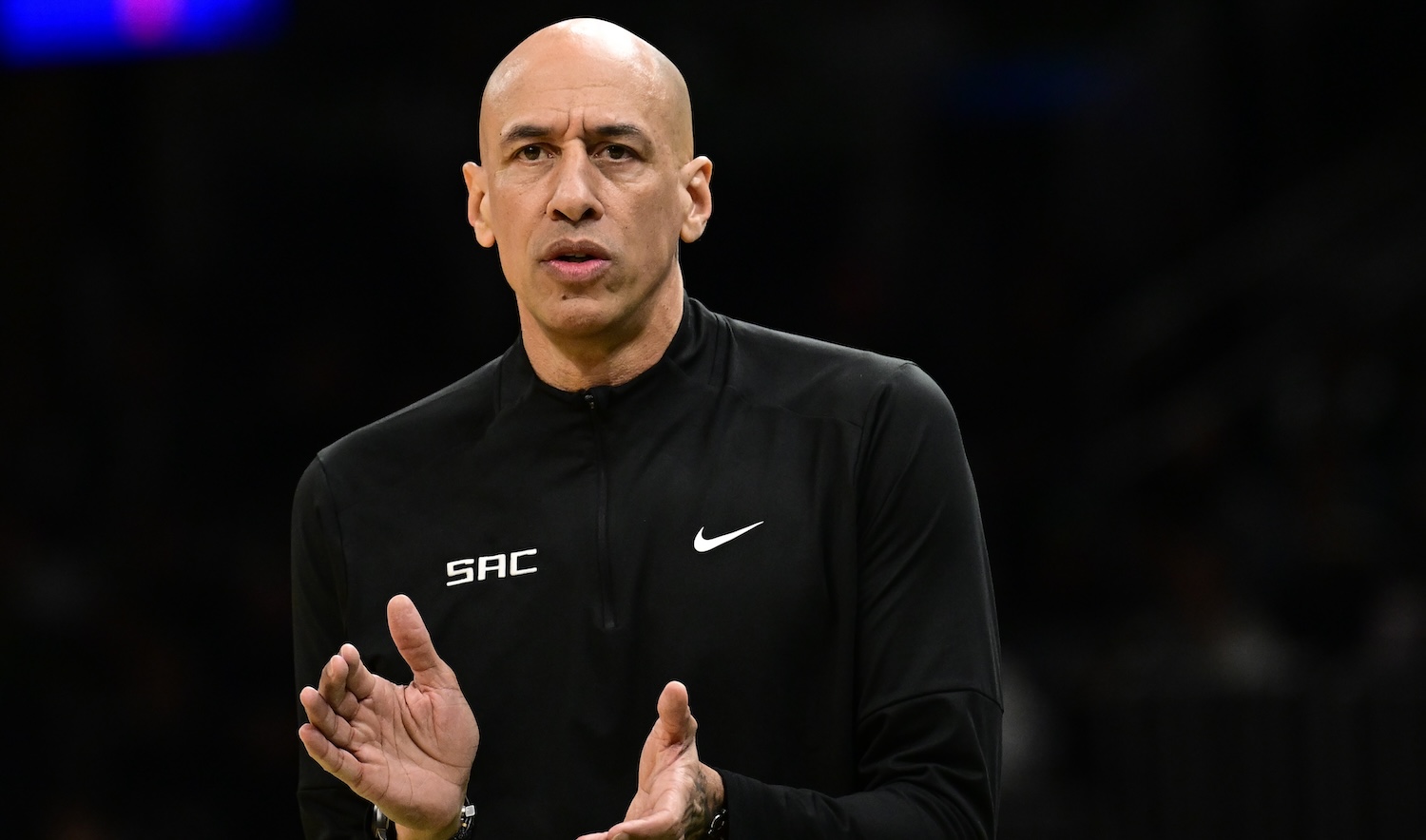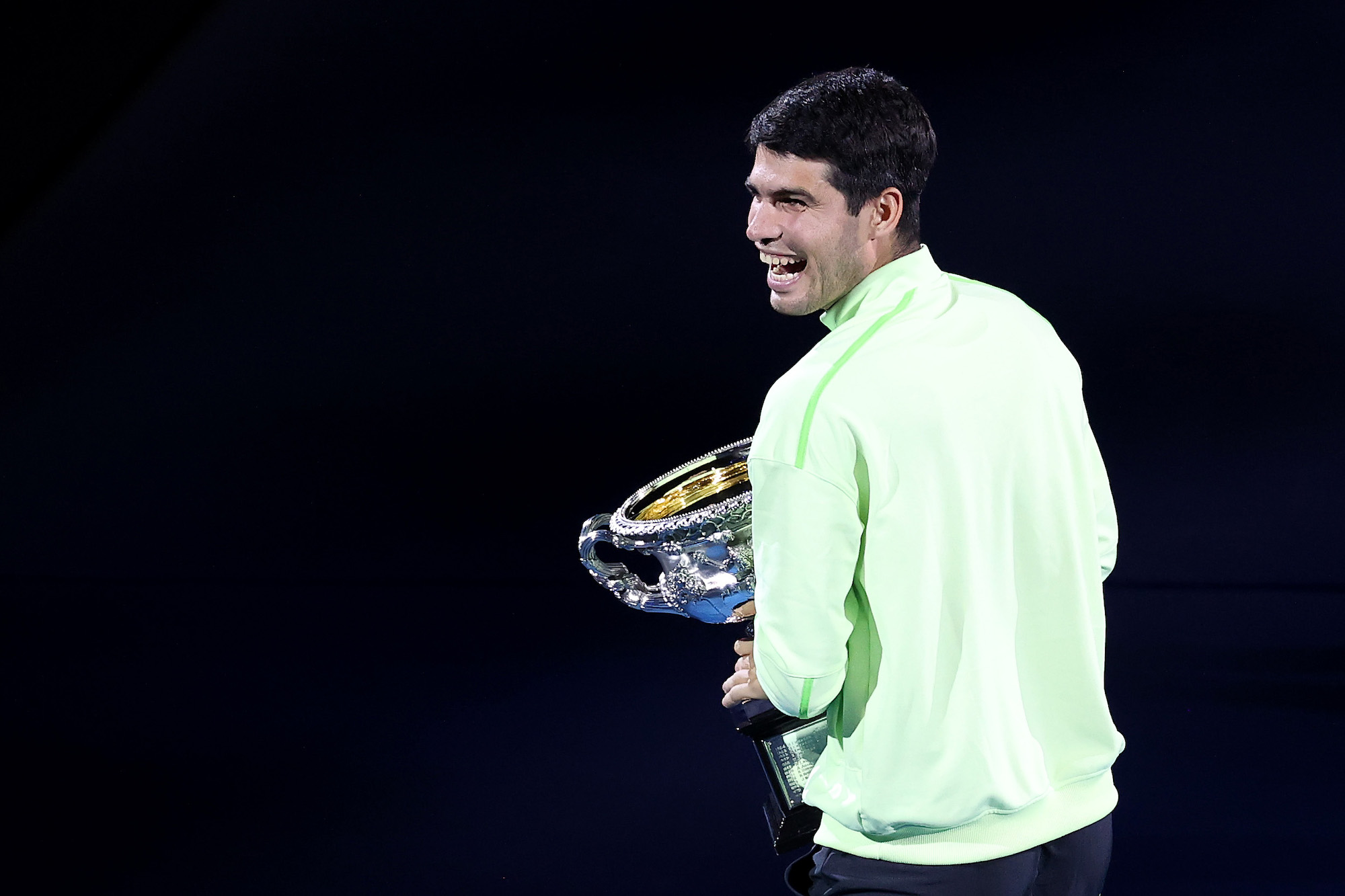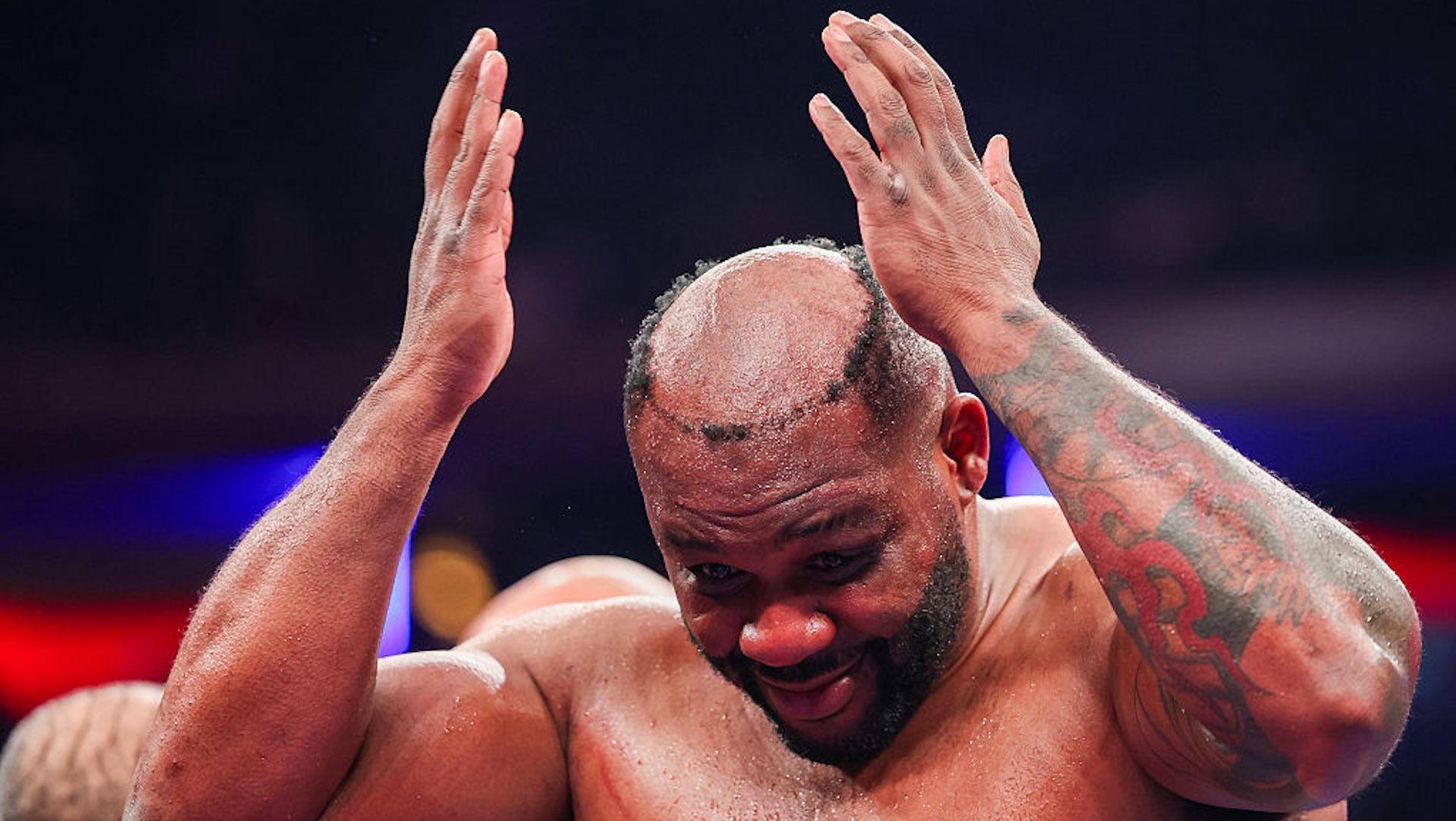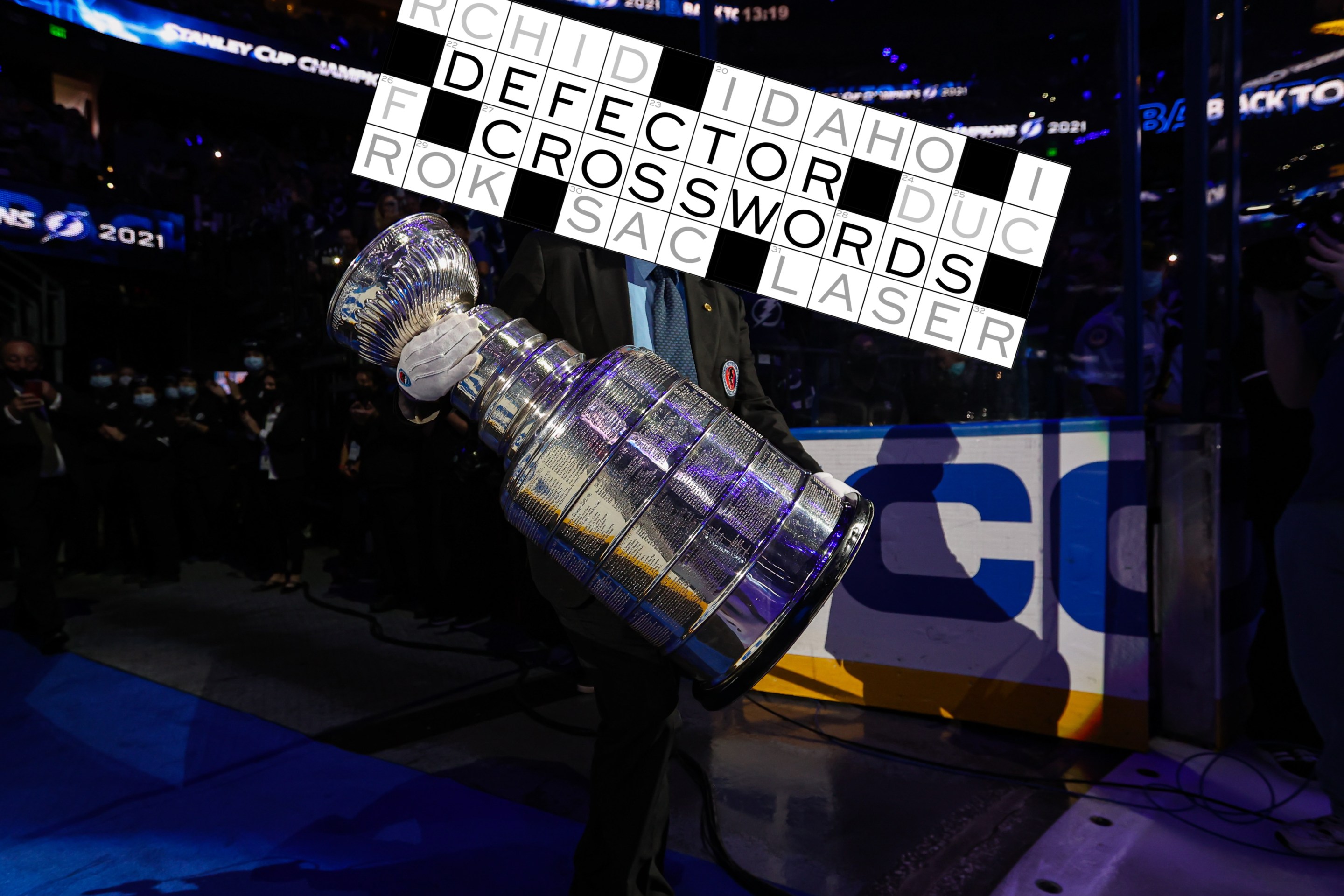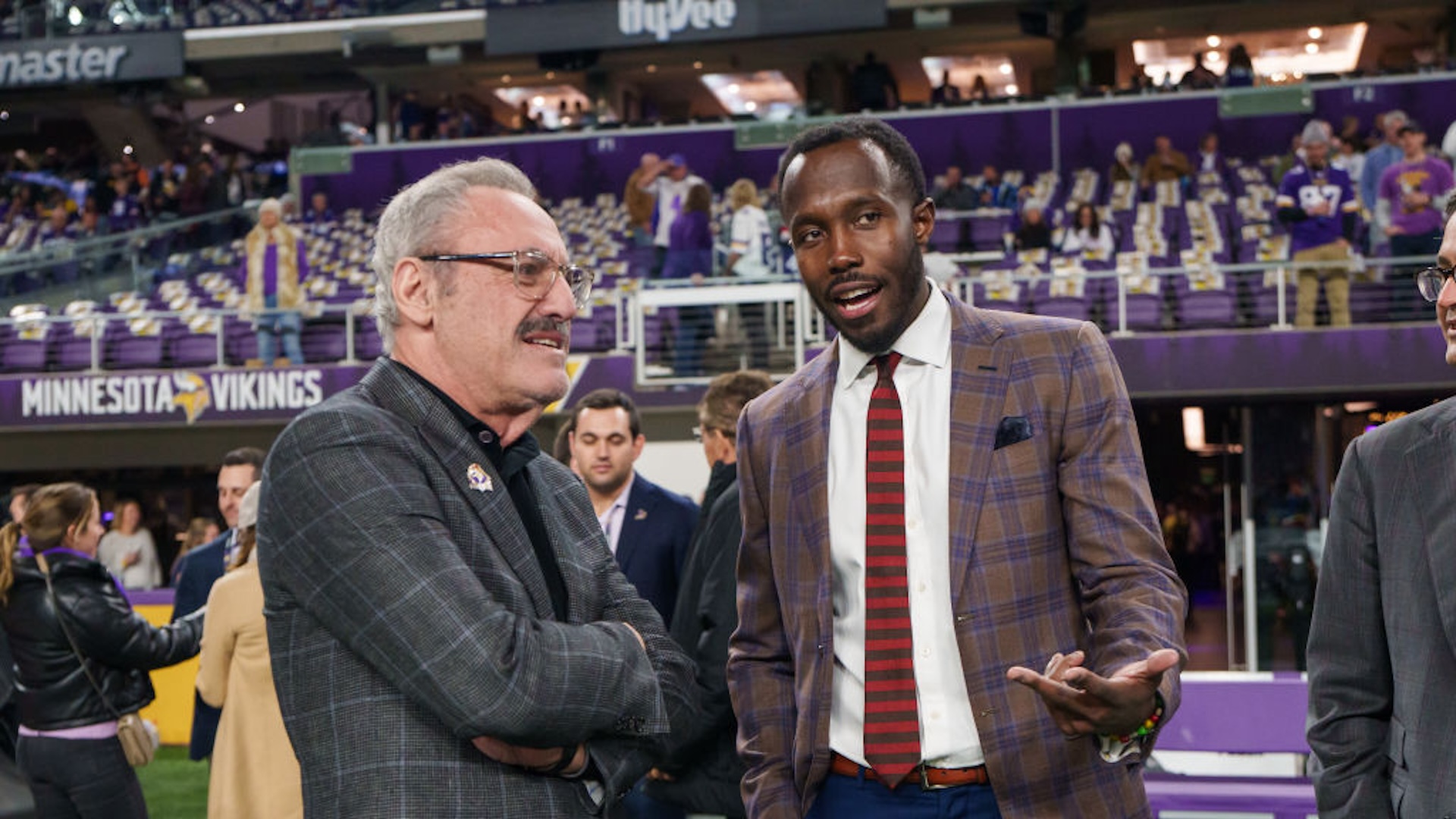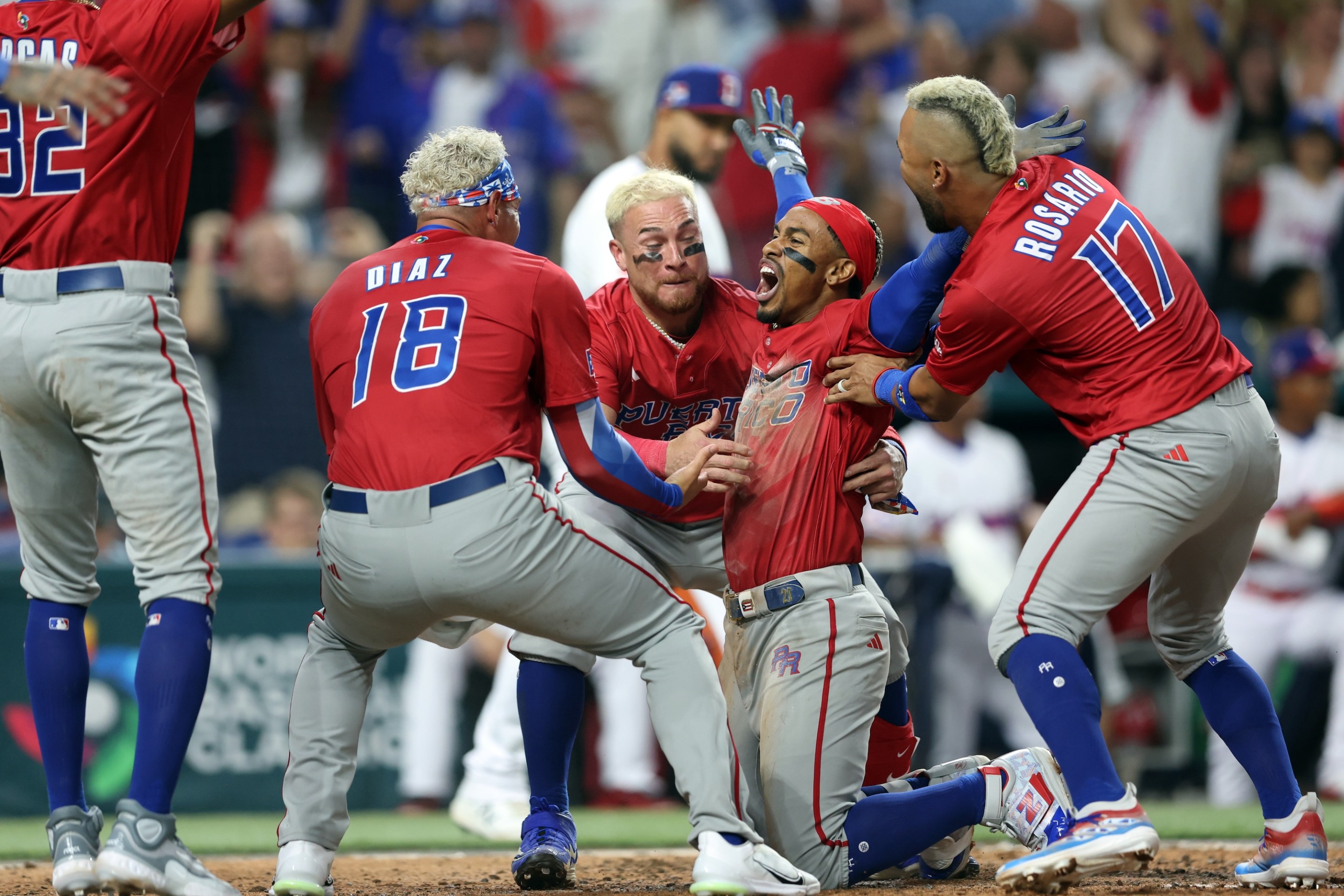Since replacing two-time Coach of the Year Mike Brown with Doug Christie, who was in the broadcast booth three seasons ago, the Sacramento Kings have become the hottest team in the NBA. They fired Brown on Dec. 27, after five straight losses, and lost Christie's first game in charge the following night; since then, they've won seven in a row and have looked like a totally revitalized team in the process.
The operative question is: What are the Kings doing differently? I'd like to nominate a stretch of time at the start of the fourth quarter of the game in Boston against the Celtics this past Friday as the most explanatory chunk of play in the short Doug Christie era.
Sacramento had spent much of the third quarter trailing, though even as DeMar DeRozan repeatedly tried and failed to cook Sam Hauser on the perimeter, the team rallied its way into a tied game thanks to some muscular defense. With the most demanding game on their schedule in the balance, the Kings began what would turn out to be the winning run through Devin Carter, a rookie playing his fourth career game. In the first bit of the fourth quarter, Carter splashed two three-pointers on Kristaps Porzingis, grabbed two rebounds, prevented Payton Pritchard from so much as touching the ball, and scored a tough bucket on a drive. He also hounded Jayson Tatum into committing an offensive foul and cooked the superstar on the perimeter after receiving a hot potato pass with two seconds on the shot clock in the third.
Most impressively of all, Carter took and missed a heat-check three, which is not the sort of thing rookies on veteran-laden teams are deputized to do and is the sort of thing you only do if you are flowing. Nothing he did was all that complicated and everything he did was confident, which mirrors the way Sacramento has played in 2025. The league's strangest team has also become its most unstoppable because the Kings have committed to playing straightforward, player-led basketball; in other words, because they've gotten out of their own way.
Mike Brown was not a bullshit coach. He brought a sense of accountability to the team, implemented a lot of cool dribble-handoff stuff two years ago, and oversaw the first above-average Kings defense in like 15 years. His ultimate undoing was an entirely forgivable one: He over-coached. That's a somewhat tricky pronouncement to make, as is the general exercise of attributing blame or credit to players or coaches when things go right or wrong. The essence of the league-wide condemnation of Sacramento after the firing was that Brown was being blamed for stuff out of his control, and to a certain degree, that is correct. Brown didn't commit a game-losing gaffe against the Detroit Pistons; De'Aaron Fox did. Brown didn't drop an easy pass on a simple game-winner against the Nuggets; DeRozan did.
Still, impossible as it is to speak in absolutes here, the sense I had watching the team through its losing streak was that the players were frustrated to continue having to play prescriptive Brown-ball. They were clearly overthinking everything, and the most significant difference through the Christie era has been the team's confidence. Keon Ellis bounced back and forth between the bench and the starting lineup under Brown, because even despite his tremendous on-ball defense, Brown could only see his flaws and so never trusted him. Under Christie, Ellis has been a transformative player, engineering a 17-point comeback double-overtime win against Miami and coming up with what feels like six stocks per game.
As the clause "17-point comeback" implies, the winning streak has not been totally smooth. For all the grousing with Brian Windhorst for comprehensively misunderstanding the streak, the Kings have had to scrap to beat relatively overmatched teams. I'd argue it is easier to scrap like that if you are already playing loose. Under Christie, the Kings have a clear identity: They're not running scripted plays on offense, and they're playing far more proactively on the defensive end. You can score playing like that if you have a smart group of unselfish players, and you probably should get stops playing like that if you have a ton of swarming guard defenders and no rim protection. The Brown-enforced DHO stuff failed not just because it was doctrinaire, but because it took creative control away from Fox and Malik Monk. Those guys are so much better in a flow state.
"Doug’s just telling us, 'When you go out there, just bring your game,' that's all he says," DeRozan told the Sacramento Bee. "'I can’t teach y'all how to play, y'all know how to play.' And putting that trust within us and having an unselfish group like we have, that's the outcome that you get." In practice, this means Monk, Fox, or Domantas Sabonis will be tasked with creating an advantage, often with the help of a pick (the Kings are also finally running more pick-and-roll stuff), and then everyone on the court flows into logical positions from which to capitalize on that advantage, whether that's Kevin Huerter back-cutting, Trey Lyles popping to the corner, or Carter flashing to the dunker spot.
"I'm never thinking that I'm anything more than the person that tries to allow them to be everything they want to be and put them in position to do that," Christie said after beating the Bulls on Sunday. This is working out great for the Kings, and I am super happy to have been wrong about their season being functionally over before January. The success of Christie does raise the larger-order question of what a head coach should do, and gets back to the complaining about the Kings firing Brown.
Is the job really as simple as getting out of the way, calling a play every few minutes, and being savvy enough about rotations to not leave a game-changing defender on the bench? No, I don't think so: Watch one single playoff game and you will see that coaching is more complicated than that. There are matchup tweaks and schematic wrinkles that can exaggerate your own advantages or smother your opponents, like changing up defensive coverages, exploiting a mismatch, surprising the opponent with a lineup change. But players are smarter than they get credit for, and the best coaches know the limits of their own power.
